No longer just a place to handle cultural, sports, and basic education issues as before, the upcoming commune-level Cultural and Social Offices in Thanh Hoa will take on many more technological and modern fields such as intellectual property management, quality measurement standards, support for creative startups, digital transformation, Internet point management, deployment of community digital technology models, or even operating smart operating systems at the commune level.
This is the main content in the Guidelines of Thanh Hoa Provincial People's Committee on the functions, tasks and powers of the Department of Culture and Society under the People's Committee at the commune level in the field of state management of science and technology.
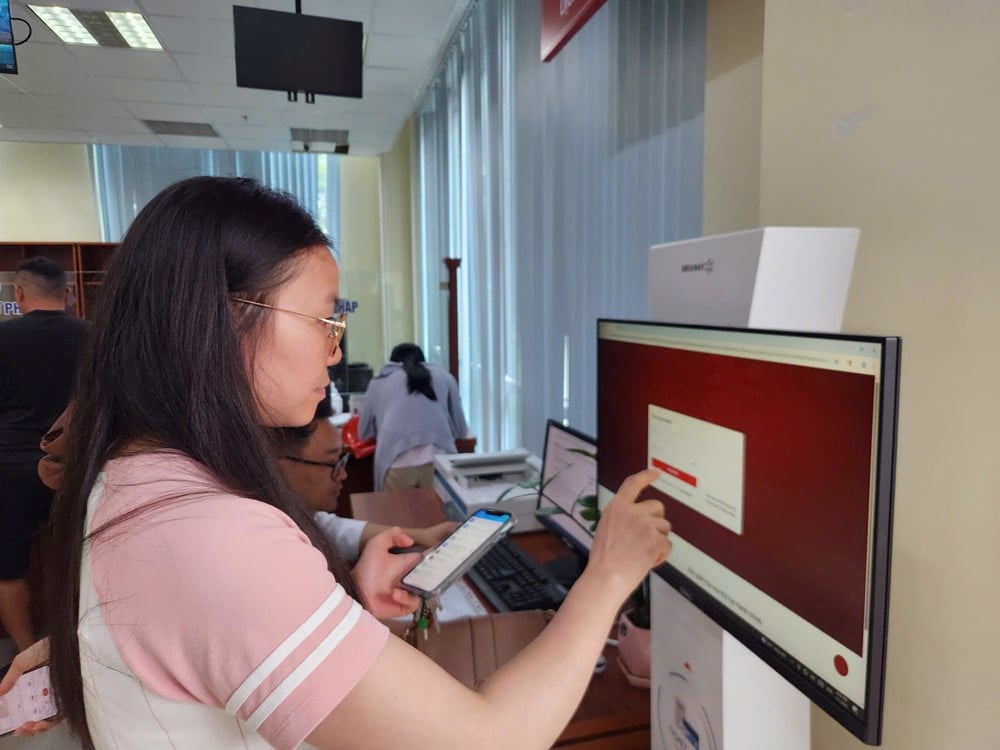
The guidance is issued on the basis of implementing Decree No. 150/2025/ND-CP and Circular No. 10/2025/TT-BKHCN, aiming to realize the two-level local government model, provincial and communal levels, which Thanh Hoa started implementing from July 1, 2025.
According to this Guide, the Commune-level Department of Culture and Society will be a specialized unit, playing the role of advising and organizing the implementation of a series of new tasks associated with digital transformation, digital government, digital economy and digital society.
Among them, there are contents that have never been assigned to the commune level before, such as appraisal, registration and granting of certificates in the fields of science and technology according to decentralization; implementing tasks of using the state budget for innovation activities; checking standards, measuring product quality, or managing intellectual property at the local level.
This department is also responsible for guiding the community digital technology team, managing postal and Internet points, receiving technology models from the province and disseminating research results and scientific initiatives into practice.
In particular, the Department will operate the Commune-level Smart Management system, a step forward showing that technology is being "brought down to the grassroots" not only in theory but also through specific operating tools, directly supporting the management of commune-level leaders.
The expansion of functional scope shows the increasing requirements for commune-level authorities in the context of comprehensive digital transformation. In addition to taking care of life and social security, officers of the Department of Culture and Society now have to understand technology, innovate, have skills to operate smart systems, monitor service quality indicators, or guide people to access and use online public services.
This is both a challenge and an opportunity for the commune-level cadres to transform strongly. When modern tasks are “assigned to the village”, if the cadres are not competent enough to carry them out, the digitalization process at the local level will slow down.
But if done well, commune-level authorities will become truly effective "transit stations" in the e-government system connecting people and modern services provided by the State.
Defining specific functions and tasks from the beginning also helps reduce overlapping and unclear responsibilities as before, and at the same time paves the way for Thanh Hoa province to soon complete its apparatus in a streamlined, efficient manner, serving the people well from the root.
Sharing the implementation orientation, the Guide clearly states: The People's Committee at the commune level is responsible for specifying the functions, tasks and powers of the Department of Culture and Society in accordance with current legal documents and the direction of the province. This ensures consistency from the province to the commune, while being flexible according to the specific situation of each locality.
The journey of building a digital government and comprehensive digital transformation cannot lack the role of the grassroots, the place closest to the people, the place that understands the people best. Giving more power and more work to the commune level is not just a simple administrative decentralization, but a step that demonstrates the spirit of serving the people in the new era: modernizing from the root, so that people can access digital technology services right where they live.
Source: https://baovanhoa.vn/nhip-song-so/thanh-hoa-phan-cap-chuyen-doi-so-ve-cap-xa-149076.html



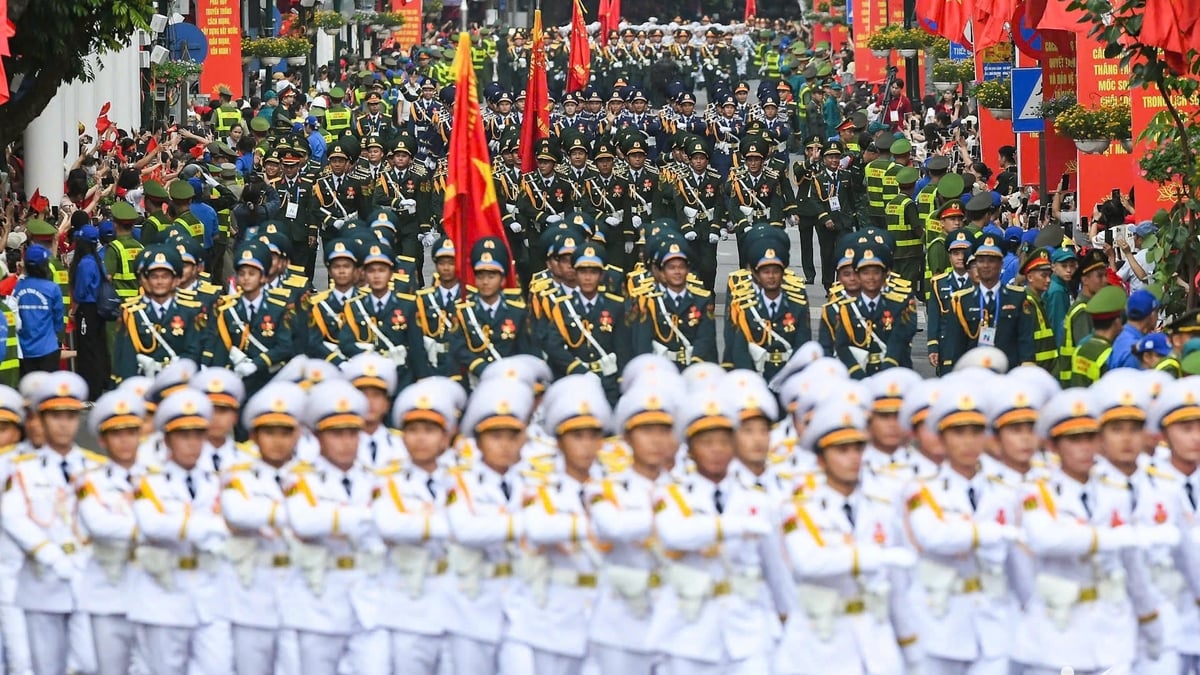



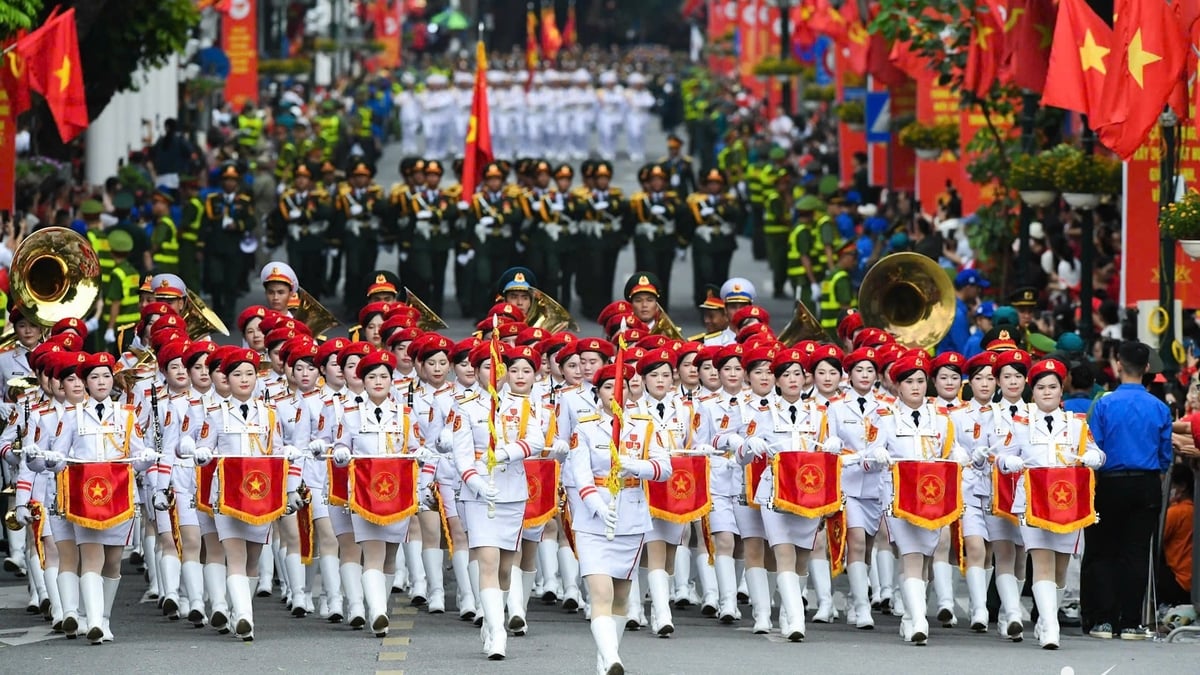
![[Photo] People eagerly lined up to receive special publications of Nhan Dan Newspaper](https://vphoto.vietnam.vn/thumb/1200x675/vietnam/resource/IMAGE/2025/8/30/53437c4c70834dacab351b96e943ec5c)
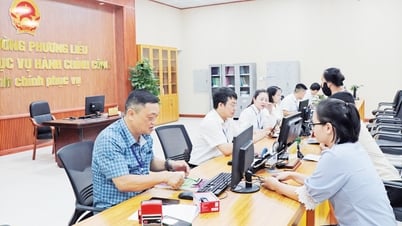



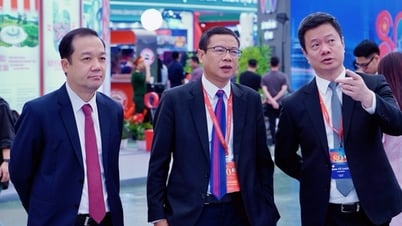



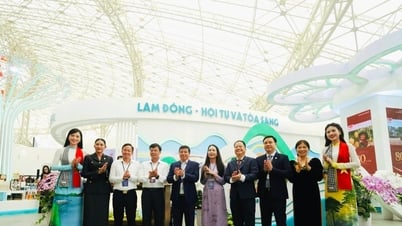

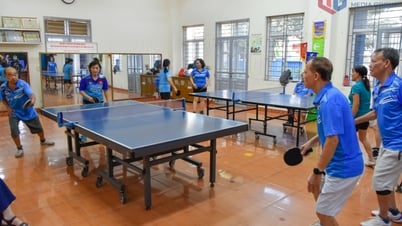




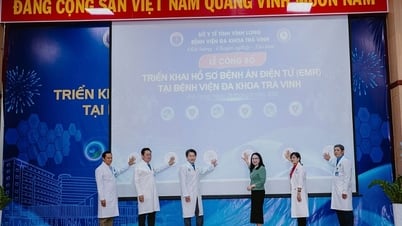



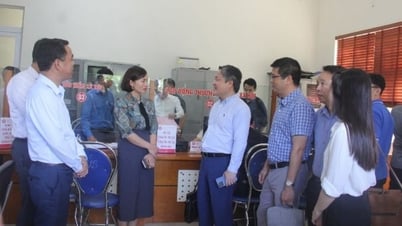




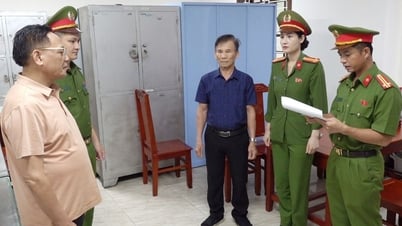
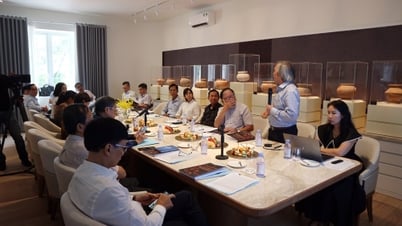





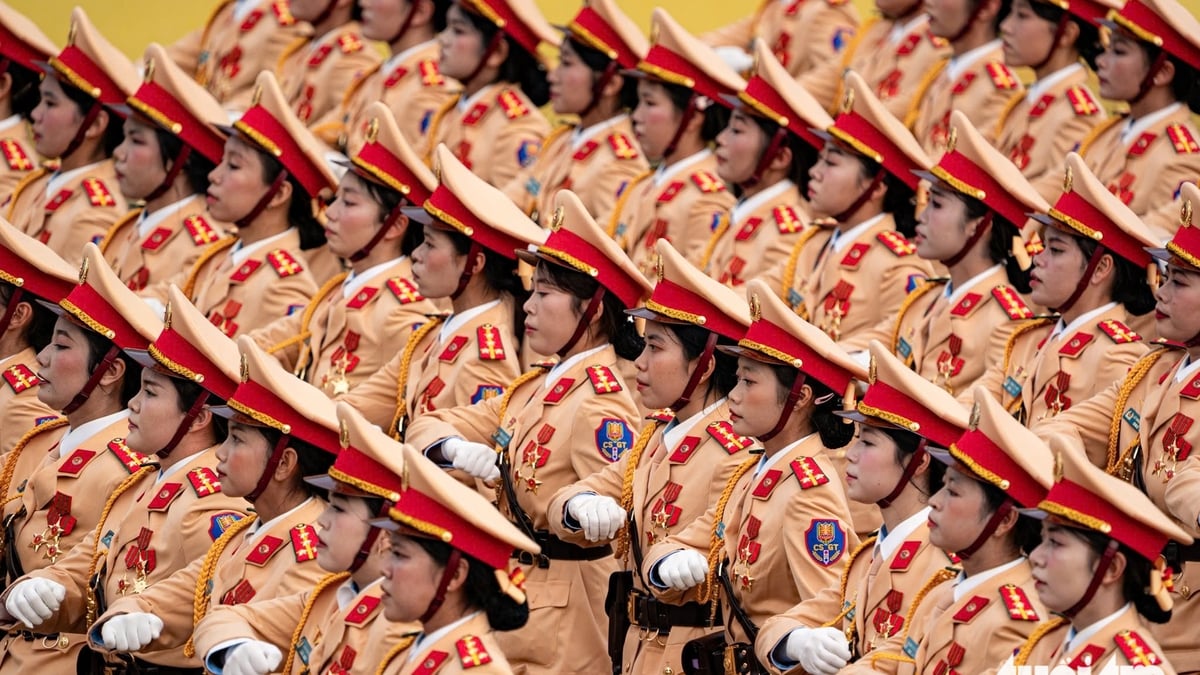














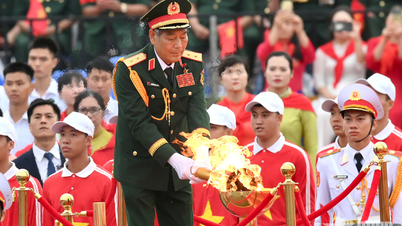



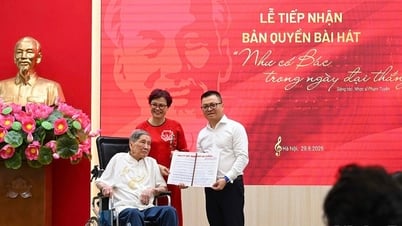
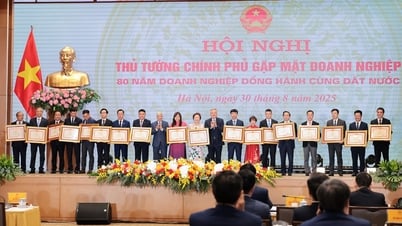







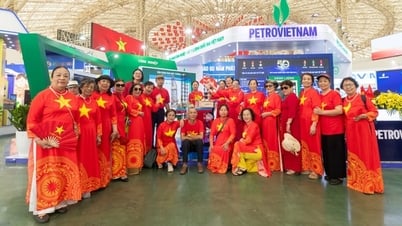

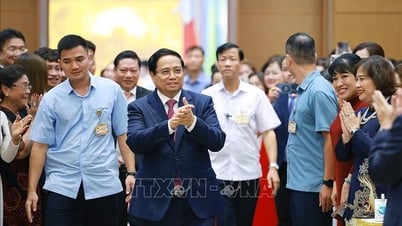

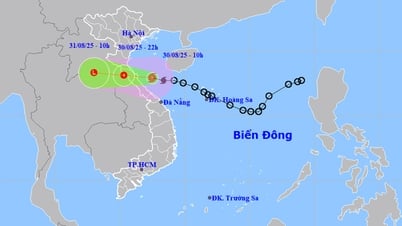

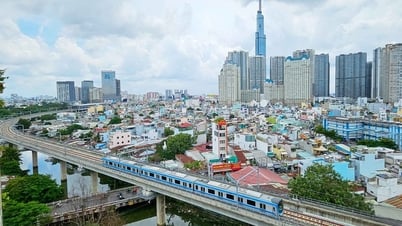

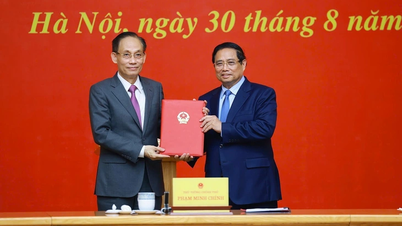


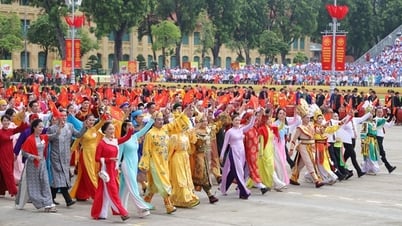



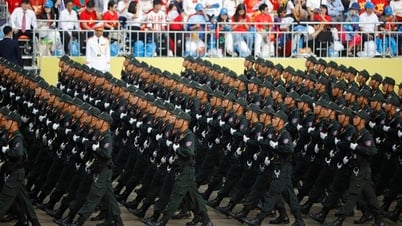
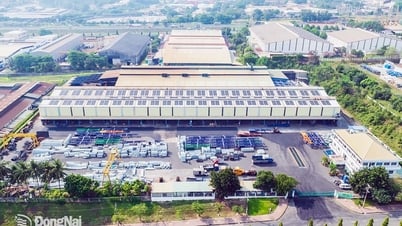

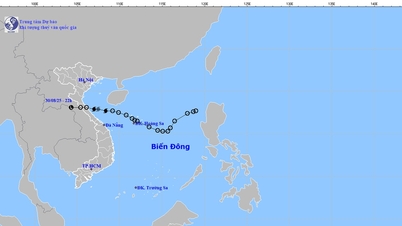




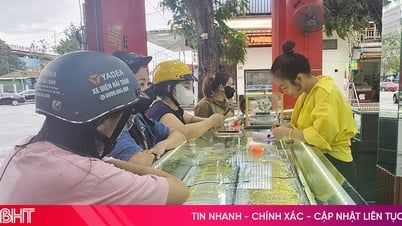
















Comment (0)